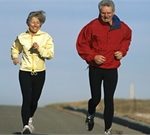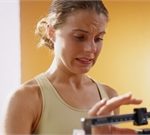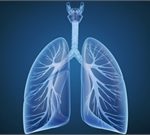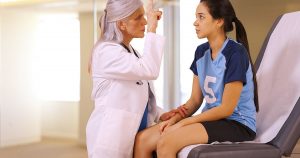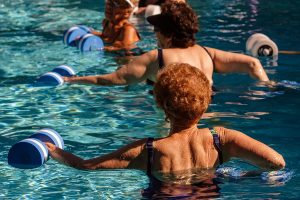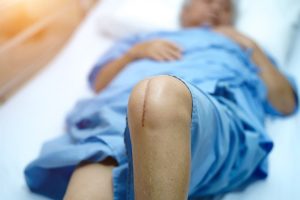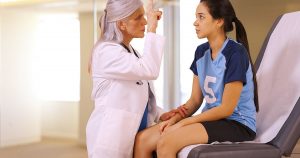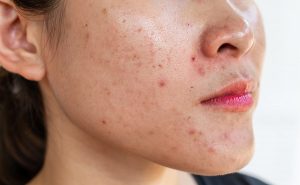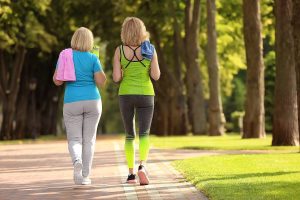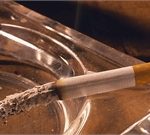
If 2020 is the year you’ve resolved to quit smoking, don’t start vaping. No matter what e-cigarette companies advertise, their products aren’t approved by the U.S. Food and Drug Administration as a safe and effective way to give up tobacco, the American Lung Association warns. And switching from tobacco to e-cigarettes isn’t quitting. “The simple truth is that e-cigarettes are tobacco products, and the Lung Association has been helping people avoid and quit using tobacco for decades,” said Michelle Caul, the association’s director for health promotions. She said misinformation about the health risks of vaping runs rampant, especially among young people. She offered these facts in a news release: E-cigarettes are tobacco products and no tobacco products are safe. Hospitalizations and deaths from vaping show that e-cigarette use is harmful. Quitting is ending addiction to nicotine, which can be difficult. E-cigarettes contain dangerous metals and toxic chemicals that can cause lung disease. “One of the biggest problems with e-cigarettes is that many times people become dual users, meaning they smoke cigarettes when they can and use vaping devices at other times,” said Dr. Albert Rizzo, chief medical officer of the association. “Using e-cigarettes is not safe,” he added. “A new study released in December found adults who currently or ever used e-cigarettes are 30% more likely to develop chronic lung disease, including asthma, bronchitis and… read on >










